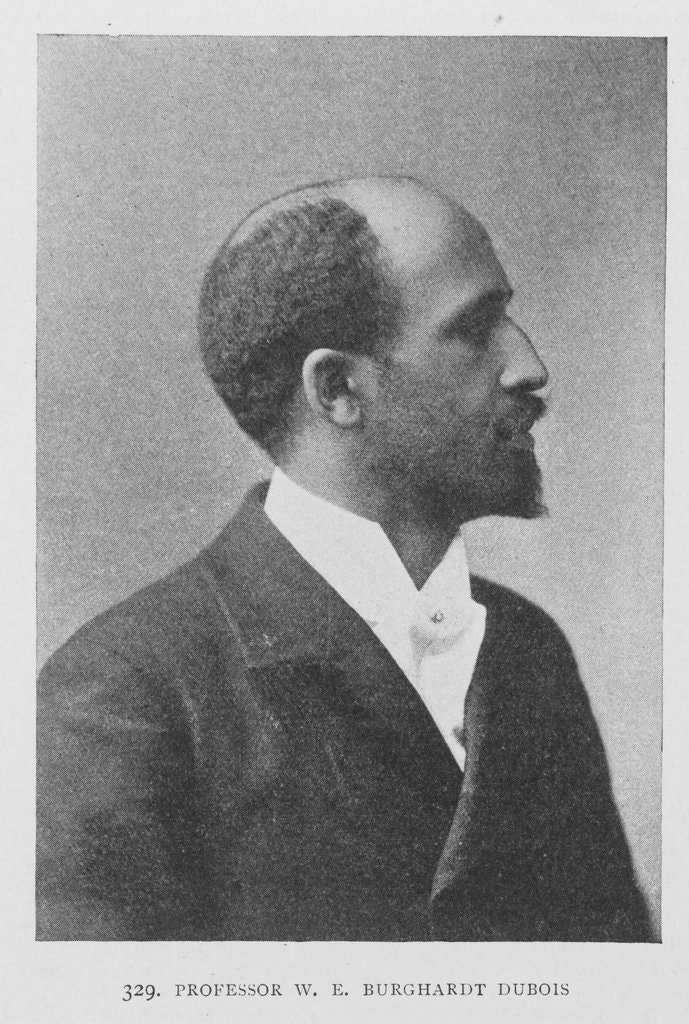The phenomenon of prejudice is an intricate tapestry woven into the fabric of societal norms, manifesting through various biases, particularly in the perception of young Black males. This perception is often biased by systemic stereotypes which breed fear and misunderstanding. Yet, through the lens of Bahá’í teachings, there lies a profound potential to dismantle these prejudices, fostering a culture of empathy and understanding.
The Bahá’í Faith, founded on principles of unity and justice, invites followers to engage in introspective reflection and critical analysis of societal constructs. Prejudice, a product of ignorance and fear, undermines the very tenets of equality that Bahá’ís hold dear. The teachings of Bahá’u’lláh emphasize the importance of our shared humanity and the necessity of recognizing the innate worth of every individual, regardless of race, gender, or socio-economic status. This foundational belief serves as a guiding light in the quest to break the cycle of prejudice against young Black males.
The first step in addressing this issue is to acknowledge the societal framework that perpetuates fear. The media often portrays young Black males through a lens of criminality and violence, creating an ominous narrative that fuels public fear. This representation is not merely a mischaracterization; it propagates a cycle wherein innocent young men bear the brunt of generalized anxiety and suspicion. The Bahá’í approach urges us to confront these narratives critically, interrogating the sources and motivations behind such portrayals and challenging their validity. By fostering a broader understanding of the socio-economic factors contributing to certain behaviors, society can begin to unravel the prejudiced underpinnings of fear.
Proactive engagement is imperative. Bahá’í teachings advocate for the pursuit of knowledge and understanding, urging individuals to seek truth in their interactions with the world. Moreover, cultivating personal relationships with individuals from diverse backgrounds can dispel prevailing misconceptions and foster an appreciation for shared experiences. These interactions serve as a counter-narrative to the often-negative societal images, illuminating the inherent dignity and potential within every young Black male. Such grassroots efforts foster a sense of community and solidarity, ultimately contributing to a broader, more inclusive perspective.
Education occupies a central role in breaking the cycle of prejudice. The Bahá’í community places tremendous value on education not only as a means of personal advancement but also as a tool for societal transformation. Educational programs that embrace diversity, equity, and inclusion are crucial in reshaping perceptions. Curriculum development should prioritize the historical and cultural contributions of Black individuals while simultaneously addressing the systemic injustices that have led to the marginalization of certain communities. Emphasizing critical thinking and ethics within educational frameworks encourages students to question long-held biases, steering them toward a more enlightened worldview.
In addition to education, community building is vital in addressing fears associated with young Black males. Providing safe spaces for dialogue and interaction helps to counteract fear with understanding. Initiatives such as mentorship programs can facilitate positive relationships between young Black males and community leaders, fostering role models who embody resilience and success. Engaging in civic participation, such as local governance or community service, enables these young men to become positive agents of change within their communities, further dismantling negative stereotypes.
The Bahá’í teachings strongly advocate for the role of consultation in resolving social issues. Collaboration among community members, law enforcement, educators, and civil society organizations can create a synergistic approach to addressing the biases that plague young Black males. By consulting together, communities can craft policies that curb systemic inequalities while also promoting initiatives that celebrate diversity and inclusion. Such collaborative efforts not only foster accountability but also convey a powerful message of unity against prejudice.
Furthermore, cultivating spiritual attributes such as kindness, compassion, and understanding within communities can facilitate a shift in perspective regarding young Black males. The Bahá’í teachings emphasize the intrinsic value of love and fellowship, principles that should guide our interactions and perceptions. Encouraging individuals to embody these virtues in their daily lives can cumulatively lead to a wider societal shift, helping to eradicate the fear-induced cycle of prejudice.
Finally, the role of narrative cannot be understated. As stories shape our realities, using positive portrayals of young Black males in literature, media, and community initiatives can reshape public perception. Narratives that highlight their achievements, resilience, and contributions can serve as powerful antidotes to the fear that prejudice fosters. By amplifying empowering stories, the Bahá’í community can inspire a broader societal appreciation for the richness that diversity brings.
Breaking the cycle of prejudice against young Black males is an ongoing endeavor that necessitates collective action, introspection, and a commitment to justice. The essence of the Bahá’í teachings—unity, education, and compassion—provides a robust framework through which individuals and communities can work to dismantle these prejudices. By actively engaging in dialogue, seeking knowledge, and embodying the principles of equity and justice, society can pave the way for a more inclusive and harmonious future, where fear is replaced by understanding, and prejudice gives way to appreciation of our shared humanity.
